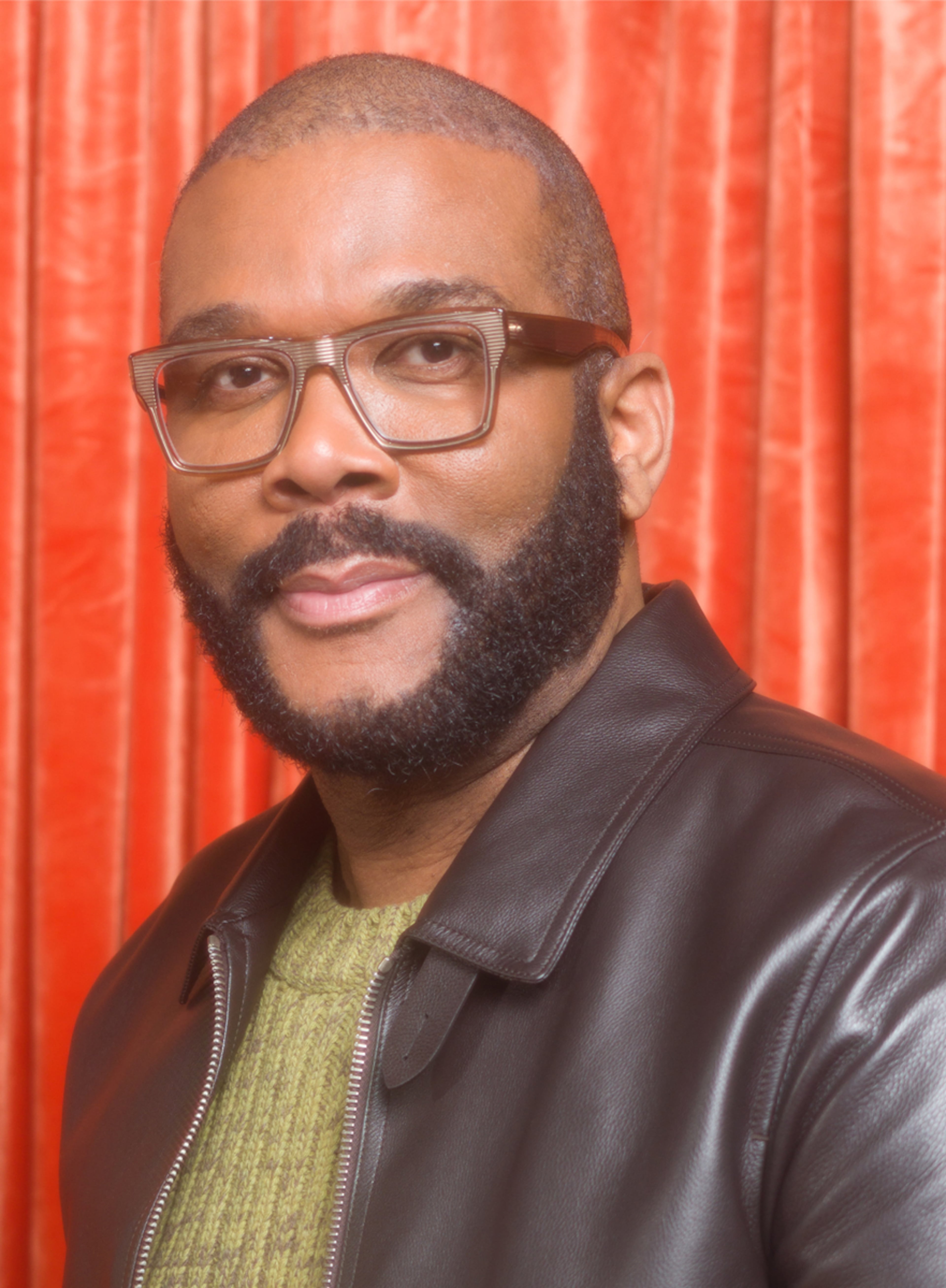Tyler Perry: Flying while Black shouldn’t be a crime

Earlier this year, I joined 10 other Black actors and directors in filing a friend-of-the-court brief in a major racial discrimination lawsuit against the police department in Clayton County.
The case was filed by comedians Eric André and Clayton English, two Black men who believe they were racially profiled and harassed by local law enforcement while traveling through Atlanta’s Hartsfield-Jackson airport.
André and English were targeted and stopped by Clayton County Police Department (CCPD) officers, several months apart, on jet bridges in Atlanta’s airport while they were steps from boarding their flights. Understand that, like every other passenger, both had already passed through the Transportation Security Administration security checkpoint and had their bags X-rayed by TSA officers. Suddenly, as they were about to board, they were approached by plain-clothed Clayton County police officers, who had no reason to suspect whatsoever that André or English were engaged in wrongdoing.

No reason to suspect, that is, other than the color of their skin.
I am supporting André and English because I know I or my loved ones could be next. Their lawyers, a team from the Policing Project at New York University School of Law, Jones Day, Lawrence & Bundy and Canfield Law found that of the hundreds of passengers stopped by CCPD’s special airport drug unit in the months between when André and English were stopped, a majority (56%) were Black, while only 8% of that airport’s domestic air travelers are Black. That doesn’t happen by chance.
André and English’s legal team also found another disturbing possible motive at play here: cash. During these stops, officers are allowed to seize any property they claim is involved in a crime, including cash, a process known as civil asset forfeiture. It is notoriously difficult and expensive for victims to recover their money, even if they are never charged with a crime. In other words, police can take money straight from the pockets of innocent people and put it into their department’s coffers. In the months between when André and English were stopped, CCPD raked in close to $1 million from travelers who never were charged with any crime.
It turns out these airport stops are not just happening in Atlanta. Recent reporting by Atlanta News First revealed that Clayton County police officers received training about these airport stops from the federal Drug Enforcement Administration through a program called Operation Jetway. DEA officers have been conducting similar stops at Atlanta’s airport and other airports around the country.
Shockingly, the DEA apparently refuses to even collect demographic data about the people they stop at airports, making it even harder for lawyers and civil rights advocates to investigate claims of racial discrimination.
Law enforcement agencies engaging in racial profiling and trying to hide the truth about it is nothing new in this country. Still, each time it happens, we are reminded that, as Black people, we are viewed — even by our own government — as less worthy of respect and constitutional protection than our white friends, neighbors and colleagues. And when we are singled out by police, the very officials who have sworn to protect us, we are faced with the very real horrors of what can and all too often does go wrong when police officers interact with Black people.
Despite a painful history of racial discrimination, Atlanta has a long history of civil rights victories. In the 1960s, the Rev. Martin Luther King Jr., Rep. John Lewis, Ambassador Andrew Young and many heroic young college students and other Atlantans helped to lead and coordinate the nonviolent resistance to Jim Crow laws and segregation. And it was in a case from Atlanta that the Supreme Court famously upheld the Civil Rights Act of 1964, which helped make it possible for Black Americans to travel freely among the states without fear of discrimination and harassment.
It should come as no surprise that the entertainment industry in the city historically known as “too busy to hate” has seen explosive growth in recent years, earning it the nickname “Black Hollywood.” Tax incentives have spurred massive investment that has powered one of the fastest-growing film industries in the country. In 2019, I opened a 330-acre-studio here, now one of the largest film production studios in the country, bringing in thousands of industry professionals every year to work in Atlanta. All of this investment creates jobs and brings in revenue that benefits all Georgians.
When racial discrimination occurs unchecked, it threatens that growth. Predatory and race-based policing discourages the actors, directors, writers, crew and other industry professionals from wanting to work in or travel to and from Atlanta.
More than that, it’s simply wrong. Every act of racial discrimination is a broken promise, an affront to our dignity, an insult to Atlanta’s history and a vestige of a history that America must leave behind.
This must stop. Civic leaders should see to that. And if not, it is my hope that the judiciary will weigh in and affirm the obvious: Racial discrimination by law enforcement is wrong, and it’s against the law. In the 21st century, Black people must have the freedom to travel without worrying about being stopped because of the color of our skin.
Tyler Perry is an actor, movie producer, filmmaker and author.
Unapologetically ATL
If you want to know what’s really going on in Atlanta’s Black community, you’re in the right place. Unapologetically ATL spotlights the news, trends and events shaping Black culture in the A.
» Tap or click here to check out our latest coverage.
» Come for insightful reads, stay for the Spotify playlist and join us at future events. It’s all here. Sign up for the free UATL newsletter.

